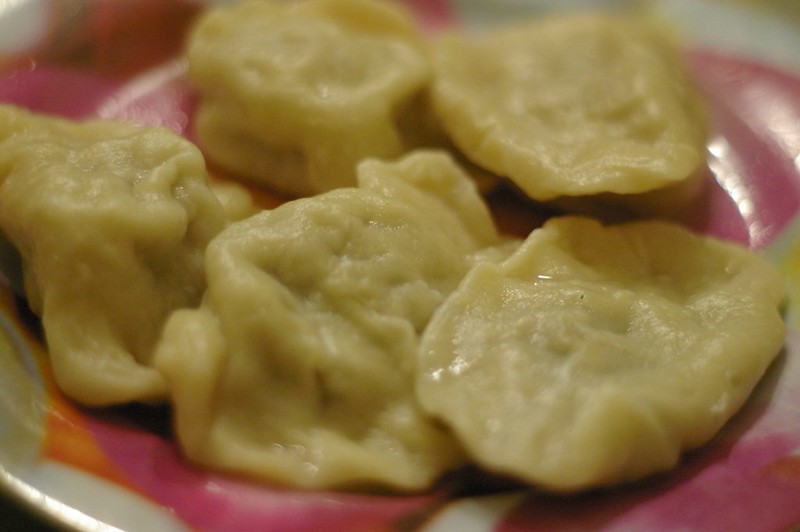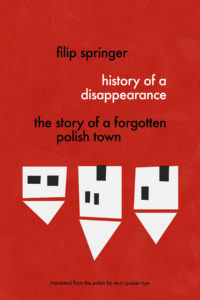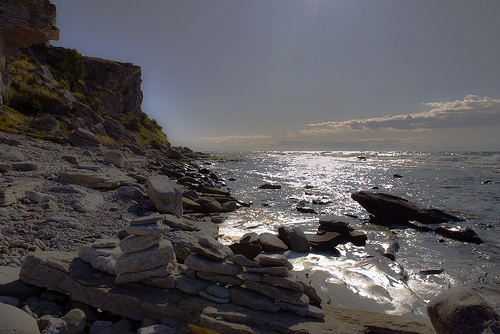By GRZEGORZ KASDEPKE
Translated from Polish by JONATHAN BAINES
Piece appears below in English and the original Polish.
Translator’s Note
The memoir-plus-bonus-recipe ‘Grey Dumplings’ by Grzegorz Kasdepke is taken from the volume Królik po islandzku (2022). When it appears in English, I hope it’ll have the title Icelandic Rabbit. It’s a collaboration with the novelist Hubert Klimko-Dobrzaniecki. The two authors take it in turns to share a snapshot from their lives, each with a relevant recipe tacked on the end. The stories are accompanied by Aleksandra Cieślak’s striking illustrations. (Ask your search engine to show you the cover!) The short prose pieces are unfailingly comic, but there’s always something more serious going on as well. There are thirty vignettes – and thirty recipes – in total and an atmosphere of friendly competition as they stack up. Cumulatively, they paint a vivid picture of Polish life over the last several decades. ‘Grey Dumplings’ is the first of Kasdepke’s contributions. I was drawn to it by the same qualities that illuminate his writing for children: a lightly-worn irony and an exhilarating curiosity about the world.
— Jonathan Baines
Grey Dumplings
The smaller the flat, the more friction – literally and figuratively – between family members.
My parents lived in a small room in my grandparents’ flat. They were very young (as a child, of course, I didn’t appreciate that, but it’s clear to me now – and perhaps my father’s mustache did seem a little thin). It was supposed to be a temporary arrangement, just until they were assigned their own three-bedroom flat on the Dziesięciny estate in Białystok. It went on for ten years. Goethe would have seen the beauty in this, at least from my childish point-of-view. One two-roomed flat and three generations: that’s the real magic of numbers, don’t you think?














